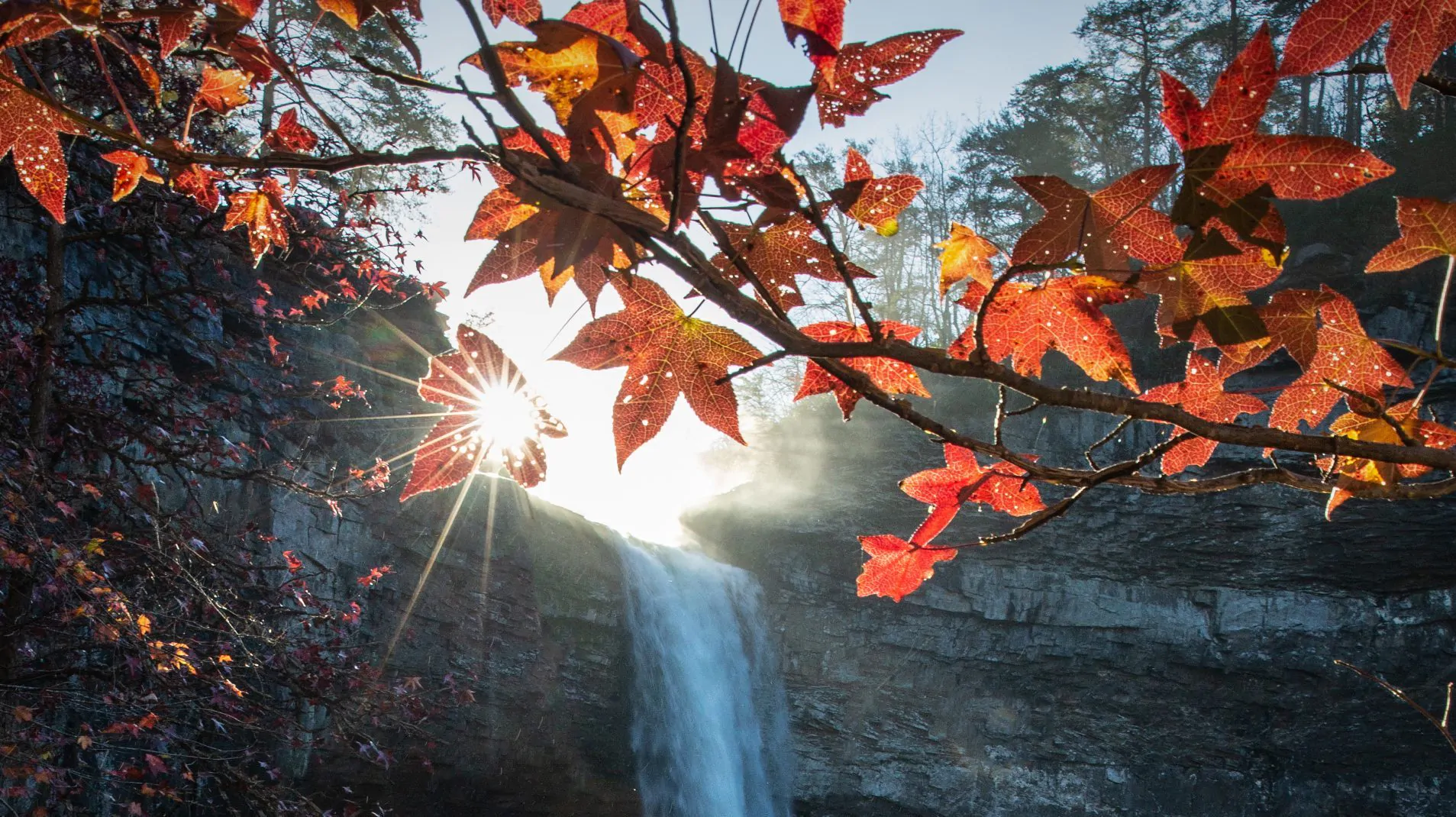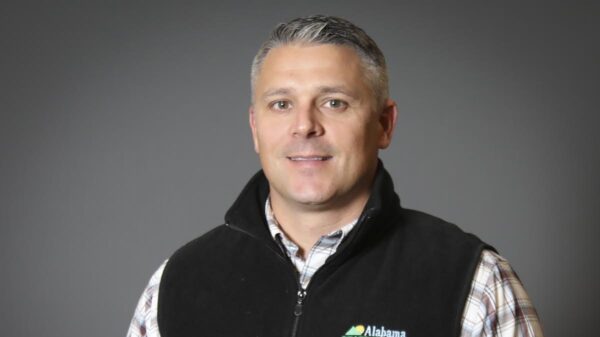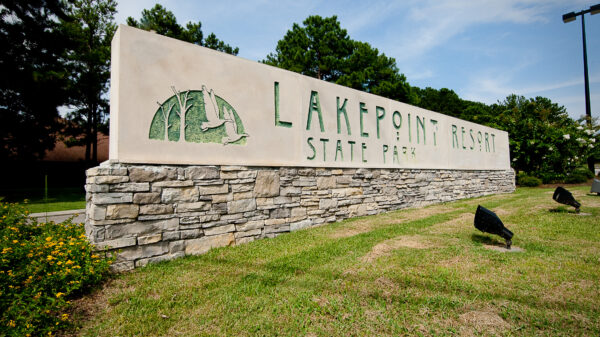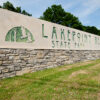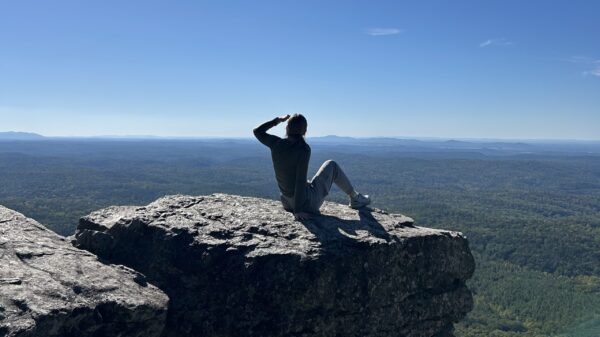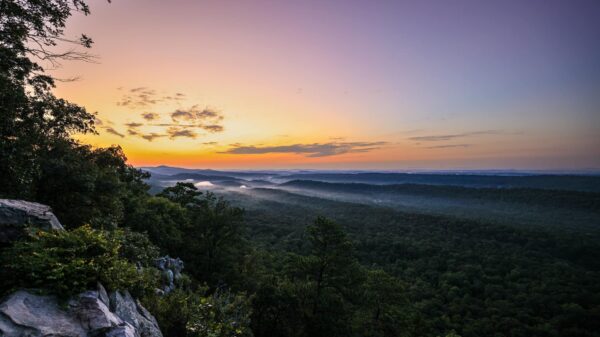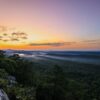|
Getting your Trinity Audio player ready...
|
Chris Blankenship grew up in coastal Alabama where he attended the University of South Alabama. After graduation, he began what is now a 30-year career in conservation.
Blankenship was appointed by Gov. Kay Ivey to serve as Commissioner at the Alabama Department of Conservation and Natural Resources and sworn in in August of 2017.
“I’m very thankful for the opportunity to come to Montgomery in the administration and work for Governor Ivey, continuing to do a lot of the good things we’re doing on the coast,” said Blankenship.
Blankenship served as Director of the DCNR Marine Resources Division during the Deepwater Horizon oil spill and has since been overseeing the restoration, a feat that’s come with a $1 billion price tag over 177 projects.
This restoration project, although robust and expansive, is one of the many tasks that the DCNR is assigned.
“We have about 1,200 employees. Our budget is about $435 million this year in the Department of Conservation, and it’s very diverse. We handle all the freshwater fishing and hunting, managing 46 wildlife management areas, 21 archery parks, 23 state lakes and then we have all the 21 state parks are in the Department of Conservation under our leadership,” said Blankenship.
The DCNR also manages the state lands, which includes the state’s 300,00 acres of Forever Wild Land Program, offshore oil and gas leasing and 16th section lands that provide income for school systems.
“Coming from inside the department, I had a pretty good knowledge of what we did when I was appointed Commissioner, but I still learn so much every day of things that we do and were responsible for.,” said Blankenship. “I don’t know how anybody coming from the outside, how long it takes them to get acclimated. It’s just so many diverse issues that we’re responsible for. A lot of things people don’t know that we’re responsible for.”
Learning every day and the team he works with is what keeps the position interesting for Blankenship.
“Every day is a different day. We’ve really got an unbelievably seasoned staff that is very good at what they do and the different positions. The opportunity to work with them and do different things for outdoor recreation and protecting our state’s natural resources for future generations is really a great calling, and I appreciate every day the opportunity to get to do it,” said Blankenship.
When he started his career, Blankenship did so intending to be outside, experiencing the state’s resources firsthand and working to protect them. Even though he climbed his way through the ranks and began working in the Montgomery office, Blankenship still makes time to visit project sites around the state.
“I do my best to get out in the field and see our construction projects, meet with our staff, and meet with the public to hear from them about what’s working with our game and fish laws and how we manage our resources, as well as what improvements we can make,” said Blankenship.
Recognizing the importance of improving public access to Alabama’s extensive network of waterways, Blankenship highlighted recent efforts to address the infrastructure gap that he saw while talking with residents.
“Alabama has got more miles of navigable waterways than any other state, but we didn’t have as good of access to those waterways as I think we should. Working with Governor Ivey through Innovate Alabama and some other funding sources, we’re doing $30 million of boating access improvements all over the state. Getting out and about and talking to our constituents is how I saw the need,” said Blankenship.
One of the projects Blankenship said he’s most excited about, although it’s hard to narrow down, is a $28 million hotel being constructed in Cheaha State Park. The lumber is harvested in Alabama and the hotel will sit atop the highest point in Alabama. In total, there are around $200 million in construction projects happening within the DCNR.
Blankenship spoke to the breadth of things happening within the department and how sometimes it’s hard for people to see just how much they’re tasked with and working toward at any moment.
“Most people that deal with our department only know about the one thing they deal with us on. Hunters think all we do is hunting. Fishermen think all we do is manage fishing. People who come to our state parks think all we do is state parks, but when we put all of our normal operations plus handling all of the restoration projects with the Deepwater Horizon oil spill, there’s a lot to it. And a lot of people don’t know all the things we do in the department,” said Blankenship.







































